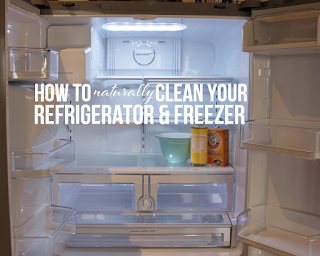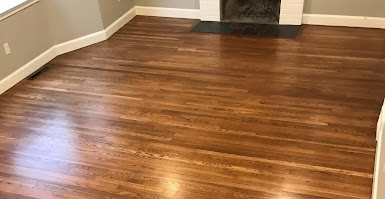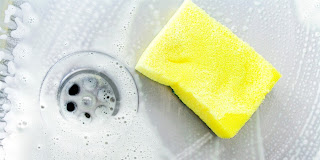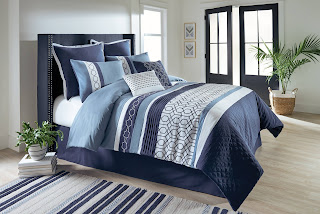Its Probably The Most Hated Job Of All But Here's How To Clean Your Window Blinds

Its Probably The Most Hated Job Of All But Here's How To Clean Your Window Blinds 1. Get out the tongs! This might be one of the most brilliant cleaning hacks yet if your blinds are just dusty. Get out a pair of tongs and use a rubber band to attach a Swiffer or rag to each end. Then, just clamp the tongs over each section of blind and wipe clean. This is an easy way to grip each blind individually and so much easier than trying to get my hand in-between slats. I have vinyl mini blinds so I use a Swiffer. If you have larger blinds like faux wood blinds, you might be able to use thicker micro-fiber cloths (I found those made my tongs too big to get in-between the mini blind slats). 2. Vinegar is your best friend. Vinegar does a great job at cutting through grime and it won’t discolor your vinyl, aluminum or faux wood blinds either. Use a white vinegar and warm water mixture (a 50/50 mix) to get blinds sparkling. It’s cheap, it’s easy, it’s all natural! You can even add a few drops...





